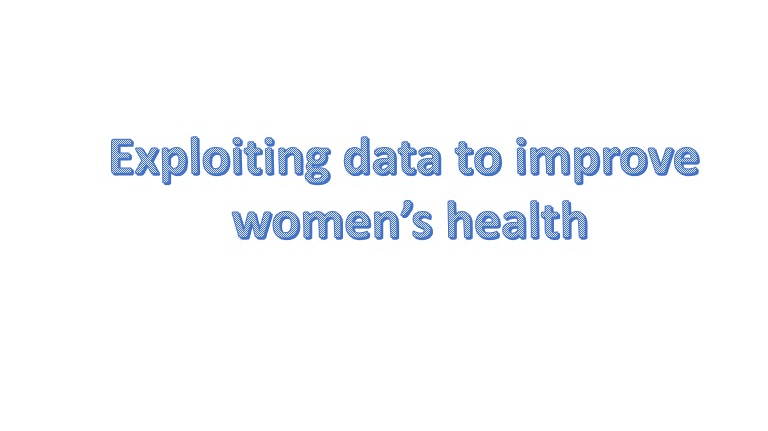Exploiting data to improve women's health
Exploiting Data to Improve Women’s Health
In our daily lives, data is constantly being collected to identify our preferences and behaviors, primarily for commercial purposes. However, this same data can be repurposed for significant advancements in health, particularly in the early identification and treatment of diseases.
Longitudinal studies, which span many years or even decades, are beginning to yield promising results in disease prevention and treatment. These studies intentionally collect data with specific health-related goals. For instance, the E&T Magazine (May-June 2024) highlights a groundbreaking example in women's health: the "Children of the 90s" study. This ongoing research has tracked participants from birth, focusing on medical data to understand current behaviors and predict future health outcomes.
One fascinating aspect of this study involves analyzing shopping data to identify early warning signs of diseases. For example, researchers discovered that women who later developed ovarian cancer had been purchasing more painkillers and indigestion tablets up to eight months before their diagnosis.
Consider the implications of this: your shopping habits could potentially flag a future health issue, allowing for early intervention and treatment. Local retail chains might hold valuable data that, if properly analyzed, could save lives. Despite the legal and ethical considerations, this is an area worth exploring for its life-saving potential.









